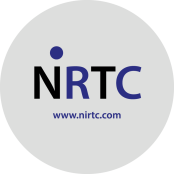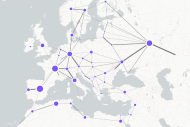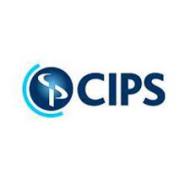The Chartered Institute of Logistics and Transport
The CILT(UK) Level 2 Certificate in Logistics and Transport offers a broad understanding of the principles, applications and concepts of logistics. It gives learners the opportunity to focus on an area of specialism or interest to gain introductory knowledge of the industry.
Content:
The qualification comprises two mandatory units and two option units from of a choice of six.
Mandatory Units:
Introduction to Logistics
This unit is designed to introduce learners to the concept of logistics in its widest sense andto some of the general practices
that are important in every part of the logistics working environment. Introduction to Logistics
covers people in the working environment, sustainability and the environment and communications technology.
Introduction to Customer Service and Marketing
The mandatory unit introduces the learners to the main principles of Customer Service and Marketing in logistics and transport. The
learners will study the customer processes with particular focus on retaining customers and developing effective relationships with them. The unit comprises
the concept of the market, market segments and the importance of understanding customer requirements. Learners are also
introduced to the concepts of
developing a marketing plan, market research and the influence of the external environment on marketing.
Option Units:
Introduction to Freight Transport Services
This unit introduces learners to freight transport services. The unit covers: transport and
freight movements; freight transport characteristics; the organisational structure of the freight transport industry and freight transport costs and charges.
Introduction to Planning and Operation of Freight Transport
This unit is designed to introduce students to the systems and mechanisms used in
planning, organising and operating freight transport in local, regional,
national and international operations. The unit includes: route planning and scheduling; collection storage and distribution centres; mechanisms for controlling operations; regulation and
enforcement
of freight transport.
Introduction to Passenger Transport Services
This unit provides an introduction to passenger transport services. It covers transport and passenger
movements; characteristics; structures and organisations in the passenger transport industry and passenger transport costs.
Introduction to Planning and Operating Passenger Transport
This unit is designed to introduce learners to the systems and mechanisms used in planning, organising and operating passenger transport
in local, regional, national and international operations. The unit covers planning passenger transport; route planning
and scheduling passenger transport; interchanges and terminals; mechanisms for controlling operations; and regulation and enforcement of
passenger transport.
Introduction to Warehousing and Inventory
This unit is designed to introduce learners to the concept of warehousing and inventory and its place in a supply chain. The unit covers topics including storage
and materials handling, warehousing principles and processes and managing inventory.
Introduction to Purchasing
This unit introduces learners to the concept of procurement. The process of procurement is having an increasing
influence on the profitability and competitive advantage of organisations today
and this unit emphasises the need to achieve a professional procurement function. The
introduction to purchasing will examine the scope of purchasing; sourcing and contract law; purchasing; progress monitoring and control and global sourcing.
Who the Level 2 qualification is for?
The Level 2 Certificate is designed for new entrants to the logistics and transport sector and as such there are no entry requirements.
How long does it take?
The recommended guided learning hours for the full Level 2 qualification are 160. This is made up of 40 hours per unit. The registration period, during which a
learner should complete the qualification, is two years.







